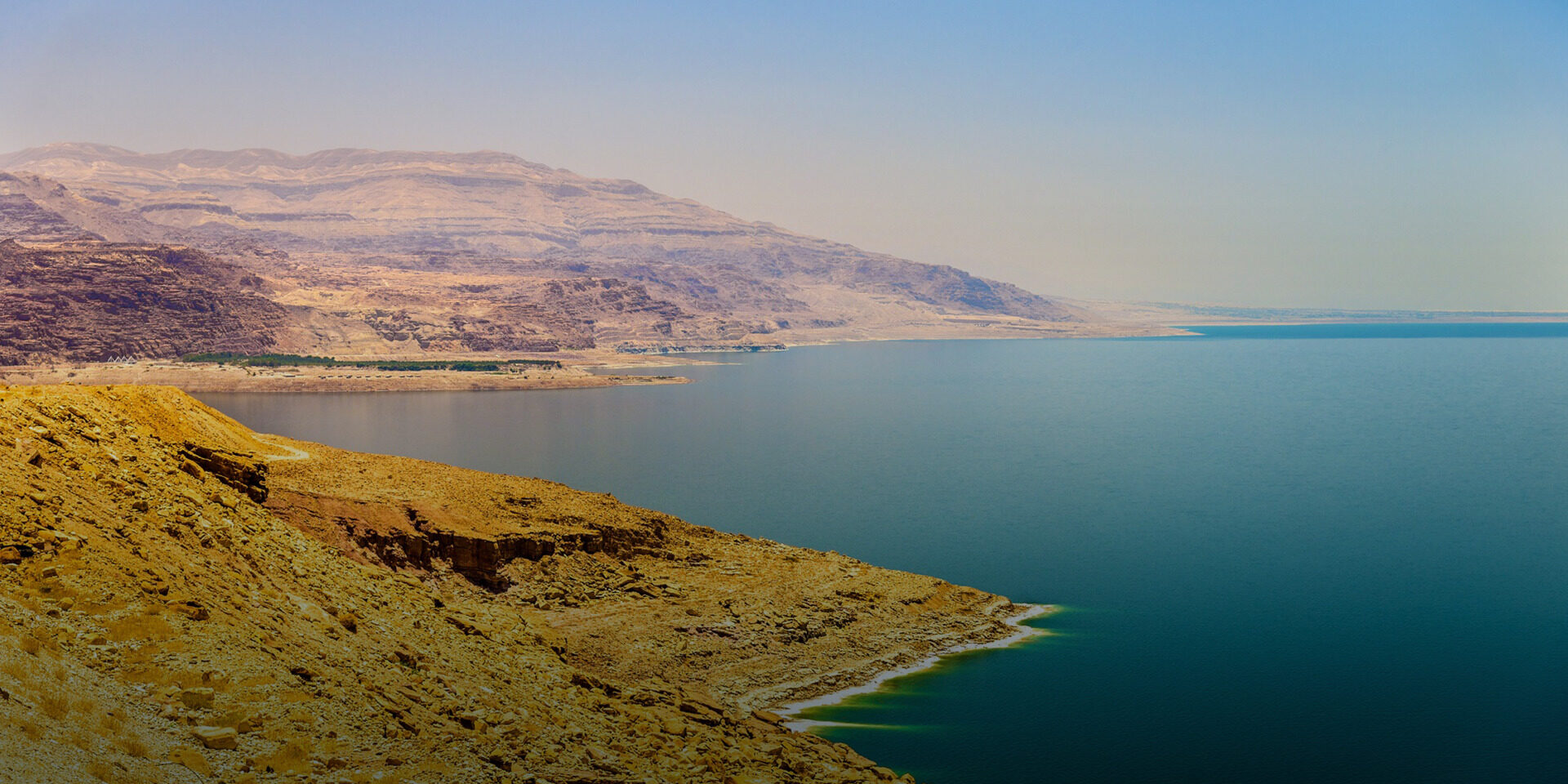In complex environments with political challenges and evolving conflict dynamics, equitable access to water and water, sanitation, and hygiene (WASH) services is increasingly critical and yet often constrained by ineffective or outdated governance systems. Not only are governance initiatives central to meeting the challenges that rapid urbanization poses for the provision of WASH services, but improved WASH governance can make WASH service delivery more equitable and efficient.
For both rural and urban communities in many parts of the developing world, especially those dealing with population displacement, poor WASH service delivery has heightened water insecurity in ways that are putting even greater strains on local and national governments. WASH services are part of a patchwork of rights and responsibilities that are tied to water security, equity, health, food security, land use, and climate resilience. If these are not addressed as part of the efforts to strengthen service delivery, then lasting change is elusive.
From the Middle East to Southern Africa, water sector reform efforts that get buy-in from governments and institutions, are conflict-sensitive, and adaptable to changing circumstances are seeing positive results.
Promoting Sustainability in Water Sector Governance in Jordan
In Jordan, the availability of water is poorly aligned with emerging population centers. Jordan has one of the world’s lowest levels of water resource availability per capita. According to UNICEF, the country’s renewable water supply currently meets only about two-thirds of the population’s water demands, and the continuing trends make more than 90% of low income households in Jordan subject to critical water vulnerability. Getting water to consumers requires significant energy and resources to pump water from low elevations to high elevations and from remote areas to demand centers. While the actual provision of WASH services is highly localized, the policy that governs allocations is centralized, and thus inherently political.
Ongoing water sector reform efforts are working to adapt the legal and institutional framework to meet these evolving needs. This includes consolidating oversight through a regulatory body to monitor and publicly report on water and wastewater service levels. In addition to the political challenges of sector reform, many see the availability – and cost – of water as a national security and economic issue. Since 2010, water tariffs have increased by about 45% while operations and maintenance costs have more than doubled. But efforts over the years to raise tariffs are almost always met by public protest and political instability, including protests in 2018 that led to the dismissal of the Council of Ministers. Strengthening regulation and restructuring tariffs typically creates “winners” and “losers” among those who currently control such a valuable public commodity and the public, highlighting how difficult it can be to execute meaningful reform.
To support these efforts, the USAID Water Governance Activity (WGA) has partnered with Jordan’s Ministry of Water and Irrigation and water utilities throughout the Kingdom to promote sustainable water sector governance and management. The backbone of these efforts is Jordan’s 2023–2040 National Water Strategy. Developed with the assistance of WGA, the strategy addresses some of the chronic governance challenges in Jordan by modernizing existing water sector institutions and restructuring them to streamline operations, ring-fence costs, and better allocate institutional responsibilities. By strengthening reform efforts, policy development, and implementation, WGA is helping to improve the government’s oversight of water management through an actionable water strategy and policies.
Mitigating Conflict in WASH Service Delivery
In other regions, rapid population growth and urbanization, especially due to the influx of refugees and internally displaced people, puts further strain on systems, policies, and actual service delivery. In the Kurdistan region of Iraq, residents face increasing levels of water insecurity due to lack of water management planning, water network losses, and unsustainable water-use practices. This has led to ethno-sectarian tension and human security concerns in areas that receive less than 100 liters of water per capita per day (the UN baseline for absolute water scarcity is 500 liters per capita per day) and as little as one hour of water supply every two days.
In partnership with Coca Cola, USAID’s Water and Development Alliance Tajdid project addressed the need to improve water services and quality in one district in Erbil province by building the Soran Water Directorate’s capacity to strategically plan its operations and maintenance in a conflict-sensitive way. The project assisted the directorate in conducting water audits, infrastructure repairs, and rehabilitation to reduce water loss and non-revenue water. This assistance helped save 805 million liters annually, improve water services for 78,950 people, and foster community engagement and awareness of improvements to the water system.
Adapting Governance Models to Produce Results in Southern Africa
Even with the proper policies in place, reforms must also encompass performance, and to produce results, governance models need to be as resilient and adaptable as the sector itself. The USAID Resilient Waters Program in southern Africa enabled rural and urban WASH service providers, including the Southern Africa Development Community transboundary river basin commissions, to better manage drinking water and sanitation in building water security and resilience. To professionalize the service providers, the project targeted root causes of underperformance in service delivery based on data to avoid “one-fits-all” solutions. In 2021, the program made 125% progress toward the goal of increasing the number of water and sanitation sector institutions strengthened to manage water resources or improve water supply and sanitation services.
Improving Water Governance through Accountability and Ownership
Local and national governments and water authorities face unprecedented challenges from multiple fronts including climate change, rapid demographic shifts, declining water resources, and a global economic slowdown. While many service delivery reforms are often donor-driven, when they are implemented within the local WASH services system, even small complementary steps taken by local governments can go a long way. When local governments embrace sector reforms and share the costs, they demonstrate a commitment to taking ownership of, sustaining, and maintaining accountability for reforms and results. These contributions can demonstrate government legitimacy in support of community-led recommendations for improving access to water and WASH services and put pressure on utilities and service providers to improve and adapt accordingly.
Another key element of good governance is effectively incorporating equitable public engagement in decision making. Such engagement should invite meaningful participation, including from marginalized and vulnerable groups, rather than simply explaining to them how services will be provided. Public outreach approaches by government entities as well as civil society organizations should be supported and tailored to specific localities according to the target audience, enabling those who do not feel they can be heard at public events to voice their concerns to the greatest degree possible.
Enhancing the provision of water and improving WASH service delivery requires investments in more effective governance. But the value of water security and WASH services are not ends in themselves. While more effective service delivery improves livelihoods, health, and social conditions among target communities, it also increases the credibility of both local and national governments, thereby prompting a virtuous circle of trust, good governance, and lasting stability.
This post was adapted from a blog written by Todd Diamond and Barbara Rossmiller.



